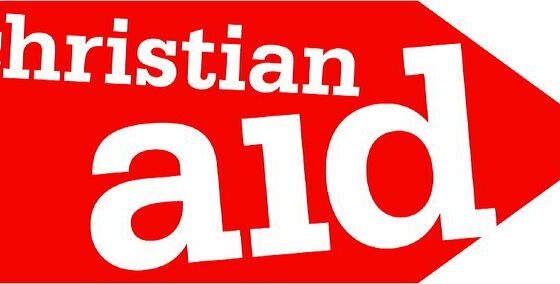

Environment
According To Christian Aid Pathway To $100 Billion Climate Finance Becoming Clear
Today’s announcement of proposals from developed countries to deliver $100 billion of needed climate finance promised in the UN Paris Agreement has been welcomed by Christian Aid.
Alison Doig, Christian Aid’s Principal Climate Change Adviser, said the plans showed a strong level of commitment but needed to start producing concrete results.
She said:
“This is a significant moment. This is a clear sign that developed countries are starting to take seriously their responsibility to deliver funding and support which will accelerate poor countries’ low carbon development and help them withstand the impacts of climate change. This finance was a key part of the Paris Agreement and has the power to be genuinely transformational in our global efforts to tackle climate change.
“What we need though is for this potential to be realised. We need to start seeing concrete examples of this impact, not just numbers on spread sheets. The victims of Hurricane Matthew are in need of support right now. And countries looking to develop their sustainable infrastructure don’t want to wait any longer. Like money in a pension, the earlier it is invested, the more money it can generate in the long term. Likewise, the sooner we help poor countries to shift to low carbon alternatives the bigger the climate benefits for us all down the road.
This is a clear sign that developed countries are starting to take seriously their responsibility to deliver funding and support which will accelerate poor countries’ low carbon development.
“We know that the national climate plans in the Paris Agreement will take trillions of dollars to implement. The public finance outlined today will help, but is not enough. The world needs to leverage the extra money, which is why Christian Aid is calling for a big shift in the flow of global finance from dirty to clean investment.
“It’s vital that this precious public finance is targeted at the very poorest people, in the harder to reach places, places the private sector can’t or won’t go. We also need to see a fifty-fifty balance between funding for adaptation and for emission-reducing mitigation.
“This finance proposal is a positive start and provides a good, transparent basis to work from. We now need to see both developing and developed countries working together at COP 22 in Marrakesh next month to agree on how to deliver a package which both sides can agree will be truly transformational.”


 Environment12 months ago
Environment12 months agoAre Polymer Banknotes: an Eco-Friendly Trend or a Groundswell?

 Features11 months ago
Features11 months agoEco-Friendly Cryptocurrencies: Sustainable Investment Choices

 Energy11 months ago
Energy11 months agoThe Growing Role of Solar Panels in Ireland’s Energy Future

 Energy12 months ago
Energy12 months agoHow Renewable Energy Can Help Combat Climate Change, According to Indra Energy




























